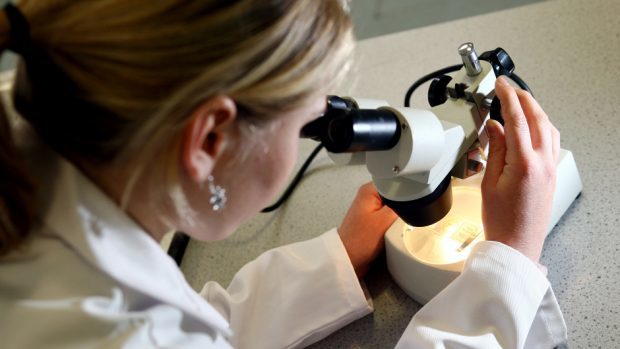African crabs, plants and mud could be the basis of the next generation of cancer drugs and antibiotics, Aberdeen University researchers say.
Scientists have been awarded almost £715,000 from the Medical Research Council and the Department for International Development to explore the potential medical benefits contained within Ghana’s plant and wildlife.
The Aberdeen academics have teamed up with counterparts from Ghana University.
The project will use the existing expertise of the researchers to explore the life-saving properties potentially contained within the soils, sediments, plants, mollusc, fish, crabs and crustaceans native to the area.
Professor Marcel Jaspars, from the university’s marine bio-discovery centre, is one of the experts involved.
He said: “Africa’s rich biodiversity offers opportunities for the development of potentially life-saving drugs, and through this project we will assemble a total of 300 novel West African microbial strains.
“From there we will isolate, characterise and determine the antibiotic, anti-parasitic and anti-cancer properties of the molecules they express under laboratory conditions.
“Most importantly, we will find ways to induce these microbes to express some of the molecules that are not easily produced under normal lab conditions, to see these can ultimately be selected for further development into drugs.”
Dr Kwaku Kyeremeh, from the Ghana university, added: “Africa has the highest disease burden globally and therefore, its scientists should not be left out in the search for solutions to this problem.
“Results in our laboratories have shown that, pushed to the limits with different chemical cues, Ghanaian microbes always respond by producing very potent chemicals which can act as future antibiotic, anti-parasitic and anti-cancer drugs.
“We will use a multi-step process to generate a highly diverse range of molecules to serve as a pipeline from which future drugs will be developed.”
